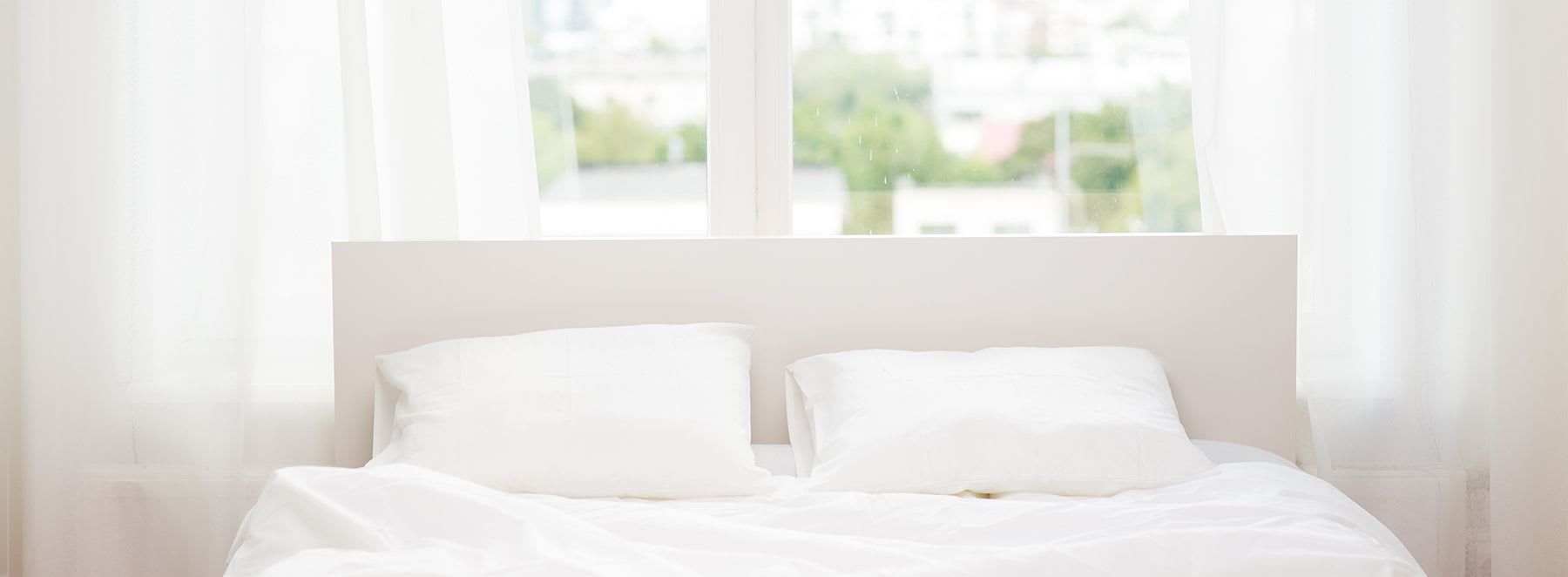Published on 1st July 2017
New research has revealed that having a sense of purpose in life could be the secret to a good night’s sleep, at least for older adults.
A team of scientists from Northwestern University’s Feinberg School of Medicine, USA, found that having more purpose in life was associated with better sleep quality among older adults and was generally protective against sleep apnoea (a disorder in which a person has shallow breathing or pauses in breathing during sleep) and restless leg syndrome (a disorder that causes an overwhelming urge to move your legs, the symptoms of which are often worse in the evening or at night).
As we get older, our sleep patterns change – and not necessarily for the better. According to the National Sleep Foundation, as people age they tend to have a harder time falling asleep and more trouble staying asleep. Although there is a common misconception that sleep needs decline with age, research suggests our needs remain consistent throughout adulthood.2
Published in Sleep Science and Practice, the new study examined the relationship between purpose in life, sleep quality, and common sleep disorders among more than 800 older adults, aged 60 to 80.
Participants were asked to answer a set of questions relating to sleep quality and symptoms of sleep disorders. To assess sense of purpose, the participants rated their agreement to statements such as: “I feel good when I think of what I’ve done in the past and what I hope to do in the future” and “some people wander aimlessly through life, but I am not one of them”.
Although the participants in the study were older, the researchers said the findings were likely to be applicable to the broader public, too.
“Helping people cultivate a purpose in life could be an effective drug-free strategy to improve sleep quality, particularly for a population that is facing more insomnia,” said senior author Jason Ong, an associate professor of neurology at Northwestern University Feinberg School of Medicine. “Purpose in life is something that can be cultivated and enhanced through mindfulness therapies.”3
Read more articles and recipes
References:
- Turner AD, Smith CE & Ong JC (2017). Is purpose in life associated with less sleep disturbance in older adults? Sleep Science and Practice, 1(1), 14.
- sleepfoundation.org/sleep-topics/aging-and-sleep
- news.northwestern.edu/stories/2017/july/purpose-in-life-results-better-sleep/?linkId=39600438





